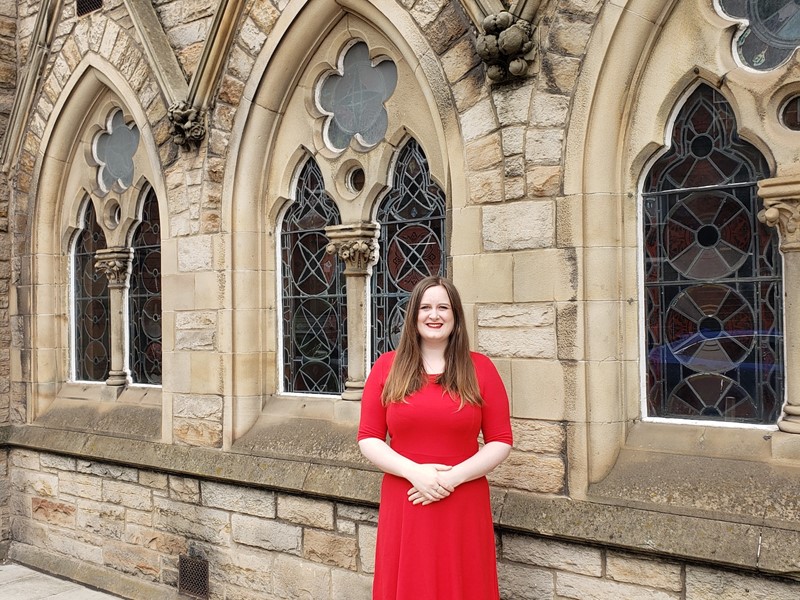Sesssion Cases Bicentenary Scholarship

To mark the Bicentenary of Session Cases, the SCLR awarded a scholarship for a postgraduate student in Scotland studying Scots law. Shona Norbash (formerly Warwick) a PhD student at The University of Edinburgh was awarded the scholarship. Having successfully complted her thesis in 2021 she summarises it thus.
Leases and Licences to Occupy – An Historical-Doctrinal Analysis
My thesis examines which occupation agreements are recognised by Scots law and how these different agreements are formed. This is a practically important area of Scots law. Parties need to know which agreements they have entered into, because different agreements create different rights and obligations for those involved. Thus far, however, the topic has been under-researched.
Through an historical analysis, the first part of the thesis demonstrates that Scots law recognises two types of agreement with the name of ‘lease’: ‘contracts of lease’ and ‘real rights of lease’. At first, the two seem indistinguishable, as they require the same cardinal elements (rent, parties, property and duration) to be agreed before any lease is formed. However, my thesis illustrates that the interpretation of the cardinal elements differs depending on which type of lease is being created. For example, a contract of lease can have a nominal or elusory rent, whilst a real right of lease cannot. The distinction between the two types of lease is important, as only a real right of lease is enforceable against successor landlords.
My thesis then traces the historical development of the licence to occupy and concludes it is now part of Scots law. I suggest, however, that the current methods for distinguishing between leases and licences to occupy (such as the exclusive possession test) are not fit for purpose. Consequently, parties may inadvertently create a lease, with onerous terms implied by law, rather than a licence to occupy with no such implied terms.
The final part of my thesis suggests how the law might be reformed so that the real right of lease, contract of lease, and licence to occupy could be better distinguished from each other. I suggest that a test based on the intention of the parties would be the best option for Scots law.